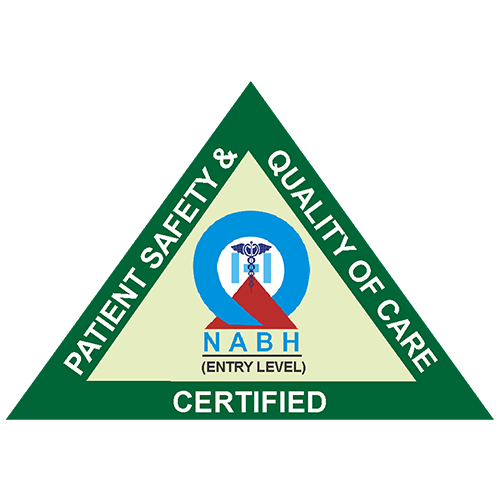Overview
Kidney stones are a common health issue that affects millions of people worldwide. These hard deposits form in the kidneys and can cause severe pain and other complications if not treated properly.
One question that often arises is whether kidney stones are a genetic problem. Understanding the genetic factors associated with kidney stones can help individuals assess their risk and take preventive measures.
Before delving into the genetic aspects, it’s essential to understand what kidney stones are and how they form. Kidney stones are solid masses made of crystals that originate in the kidneys. They can be composed of various substances, including calcium, oxalate, uric acid, and cystine. When the concentration of these substances in the urine becomes too high, they can crystallize and form stones.
Genetic Factors and Kidney Stones
Research has shown that genetics can play a significant role in the development of kidney stones. Several genetic factors can influence an individual’s susceptibility to kidney stones:
- Family History: Having a family history of kidney stones increases the likelihood of developing them. If one or both parents have had kidney stones, their children are at a higher risk of experiencing the same condition.
- Inherited Disorders: Certain inherited disorders can predispose individuals to kidney stones. For example, conditions like cystinuria and primary hyperoxaluria are genetic disorders that lead to the excessive excretion of cystine and oxalate, respectively, increasing the risk of stone formation.
- Metabolic Disorders: Some metabolic disorders, such as renal tubular acidosis and hyperparathyroidism, have a genetic component and can contribute to kidney stone formation. These disorders affect the body’s ability to regulate certain substances, leading to an increased concentration of stone-forming minerals in the urine.
- Genetic Variations: Specific genetic variations can affect how the body processes and excretes substances like calcium, oxalate, and uric acid. For instance, variations in the gene SLC26A1, which regulates oxalate transport, have been linked to an increased risk of kidney stones.
Environmental and Lifestyle Factors
While genetics can influence the likelihood of developing kidney stones, environmental and lifestyle factors also play a crucial role. Factors such as diet, hydration, and physical activity can either exacerbate or mitigate the risk of kidney stones:
- Diet: Consuming a diet high in oxalate-rich foods (e.g., spinach, nuts), sodium, and animal protein can increase the risk of stone formation. Conversely, a diet rich in fruits, vegetables, and adequate calcium can help reduce the risk.
- Hydration: Staying well-hydrated is one of the most effective ways to prevent kidney stones. Drinking plenty of water helps dilute the substances in the urine that can form stones.
- Physical Activity: Regular physical activity can help maintain a healthy weight and reduce the risk of metabolic disorders associated with kidney stones.
Preventive Measures
For individuals with a family history of kidney stones or known genetic predispositions, taking preventive measures is essential. Here are some strategies to reduce the risk:
- Stay Hydrated: Drink enough water throughout the day to keep your urine diluted. Aim for at least 8-10 glasses of water daily.
- Monitor Your Diet: Be mindful of your dietary choices. Limit intake of oxalate-rich foods, reduce sodium consumption and ensure adequate calcium intake from dietary sources.
- Maintain a Healthy Weight: Obesity is a risk factor for kidney stones, so maintaining a healthy weight through a balanced diet and regular exercise is important.
- Medical Management: If you have an inherited disorder or a metabolic condition, work closely with your healthcare provider to manage the condition effectively and reduce the risk of stone formation.
Conclusion
While kidney stones can have a genetic component, they are often influenced by a combination of genetic, environmental, and lifestyle factors. Understanding your family history and taking proactive steps to modify your diet and lifestyle can significantly reduce your risk of developing kidney stones. If you have concerns about your risk, consult with a healthcare professional who can provide personalized guidance and preventive strategies.




